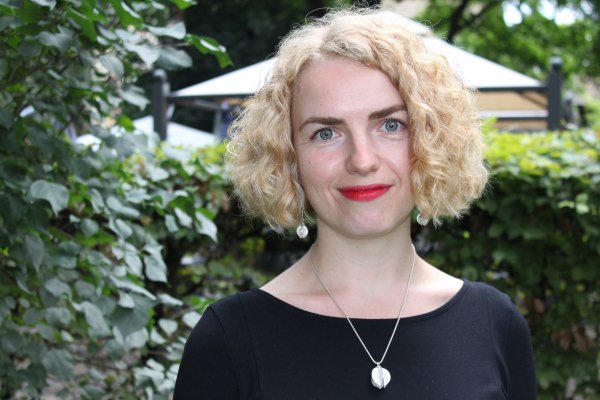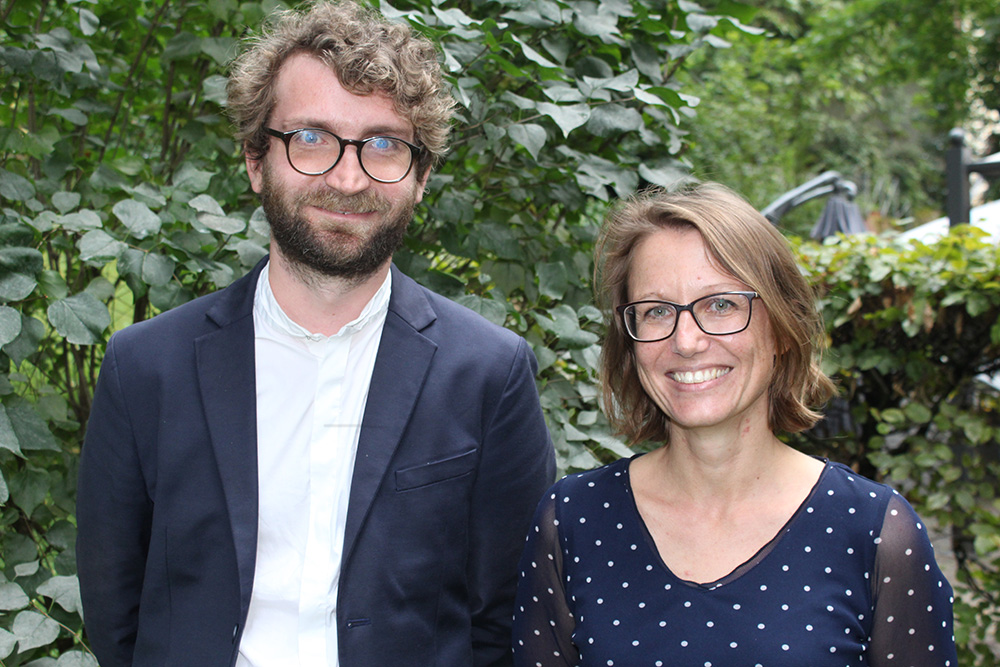Hengstberger Award 2021
2024, 2023, 2022, 2021, 2020, 2019, 2018, 2017, 2016, 2015, 2014, 2013, 2012, 2011, 2010, 2009, 2008, 2007, 2006, 2005, 2004
Brain barriers in CNS diseases: novel therapeutic strategies and drug delivery approaches
April 1 - 4, 2022
The diseases of the central nervous system (CNS), such as neurological disorders and brain cancers, remain one the most important reasons for disability and death globally. The blood-brain barrier (BBB) and blood-cerebrospinal fluid barrier protect the brain by regulating the passage of solutes and cells across these barriers, and thereby maintaining the homeostasis of the CNS microenvironment. The disturbance of the brain barrier functional integrity has been identified as a critical component in several neuropathological conditions. Moreover, the altered function of the BBB, a major obstacle to successful CNS drug delivery, can affect the entry of the drugs to the brain in disease state. Therefore, the understanding of the changes in the brain barrier functional integrity in CNS diseases is important for developing effective therapeutic strategies, exploring novel drug delivery systems, and predicting clinical outcomes in the patients.
In the IWH symposium “Brain barriers in CNS diseases: novel therapeutic strategies and drug delivery approaches”, the leading scientists in the CNS barriers field and related disciplines will present their latest findings and novel methods for input and discussion to exchange expertise and opinions. The main goal of the symposium is to offer an exclusive opportunity for integrating the knowledge about the role of the brain barriers in CNS diseases by bringing together scientists with a special interest in vascular biology, pharmaceutical science, pharmacology and neuroscience.

Dr. Elena Puris
Institute of Pharmacy and Molecular Biotechnology, Department of Pharmaceutical Technology and Biopharmacy
Heidelberg University
Im Neuenheimer Feld 329, 69120 Heidelberg
Email: elena.puris@uni-heidelberg.de
Religious Traditions, Traditionalism, and Modernity
October 13 - 15, 2022
Since the Enlightenment, religious traditions and truth claims mediated by tradition, such as those of the churches, have been seen in Europe as contradicting knowledge gained through reason and observation in the natural sciences and modern philosophy. At the same time, especially with the beginning research on Islam, but also with regard to the traditions of the Bible, an academic traditionalism is developing, which considers the religious traditions of Islam, Judaism and Christianity as a necessary antipole to the rational knowledge and rational world view of “the West” and positively revalues the religious traditions of antiquity and late antiquity as an almost lost treasure. Both intellectual-historical directions – the critique of religious traditional knowledge mediated by the Enlightenment and academic traditionalism – have contributed to the perception of modernity as a historiographical caesura to a pre-modernity still clinging to traditional knowledge. For several decades, this view of religious traditions has changed. In the context of postcolonial theorizing, micro- and global-historical perspectives in the cultural sciences and humanities, and discourses of cultural heritage, religious traditions of the past and present have been rediscovered as a positive feature of regionally specific ways of life and collective assertions of identity that are worthy of protection.
The Hengstberger conference aims to revise the connections between religious traditions and academic traditionalism and to question the prominent historiographical paradigm of modernity as a caesura. On the one hand, examples of the persistence and change of individual religious traditions and their institutional and ritual forms in pre-modern and modern contexts will be examined. On the other hand, the ambivalent legacy of academic research on religious traditions will be taken into account. The conference will thus contribute to the development of an interreligious perspective on the claims to validity, social practices, and mutual influence of religious traditions in history and the present that is appropriate to the diversity of historical testimonies.

Dr. phil. Nora Schmidt
Theologisches Seminar
Universität Heidelberg
Kisselgasse 1, 69117 Heidelberg
E-Mail: Nora.Schmidt@ts.uni-heidelberg.de
Dr. theol. Patrick Ebert
Theologisches Seminar
Universität Heidelberg
Kisselgasse 1, 69117 Heidelberg
E-Mail: patrick.ebert@wts.uni-heidelberg.de

